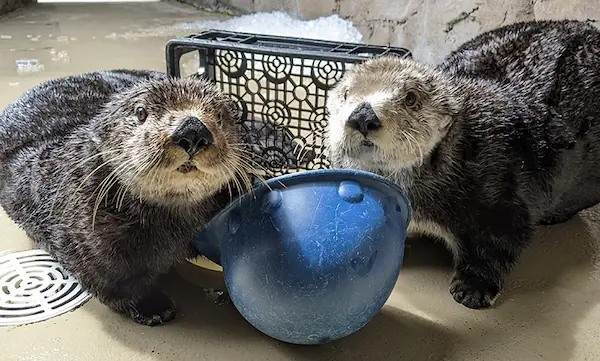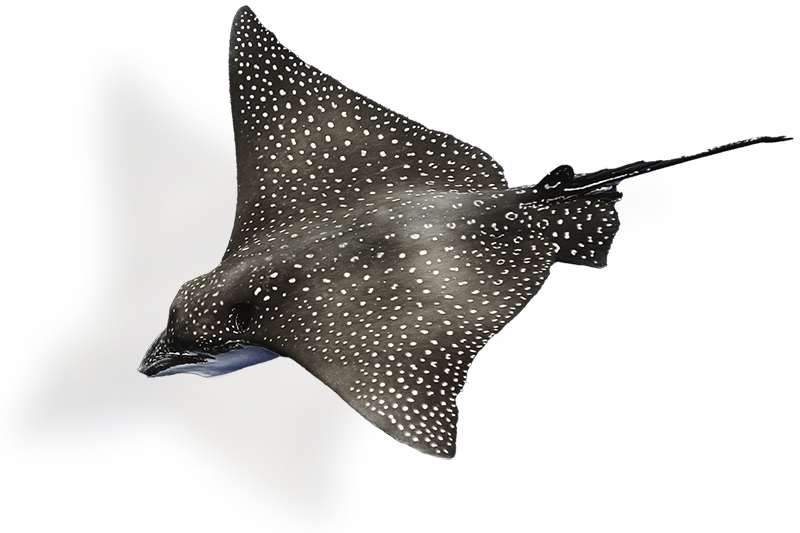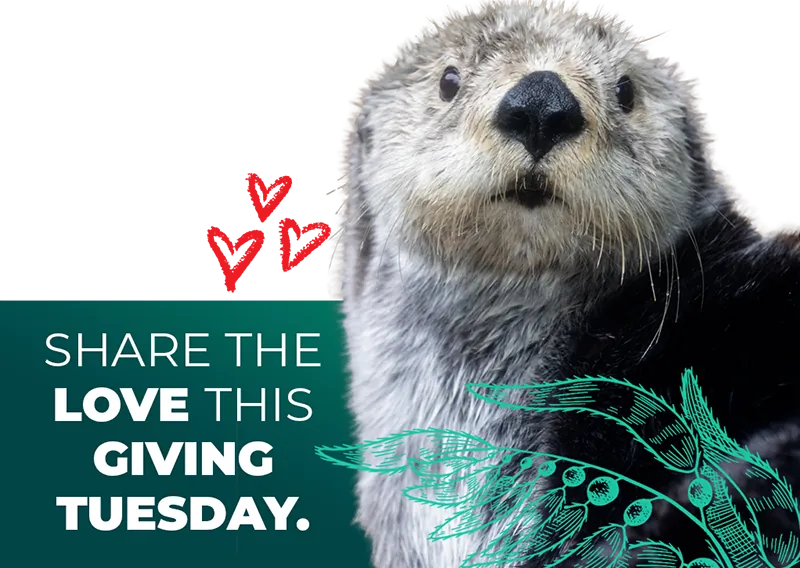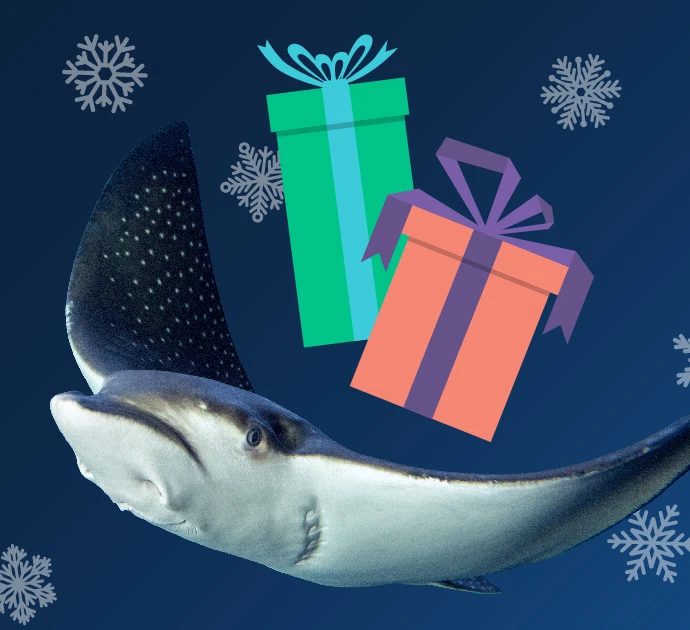Our programs are currently at capacity. Please check back for future opportunities.
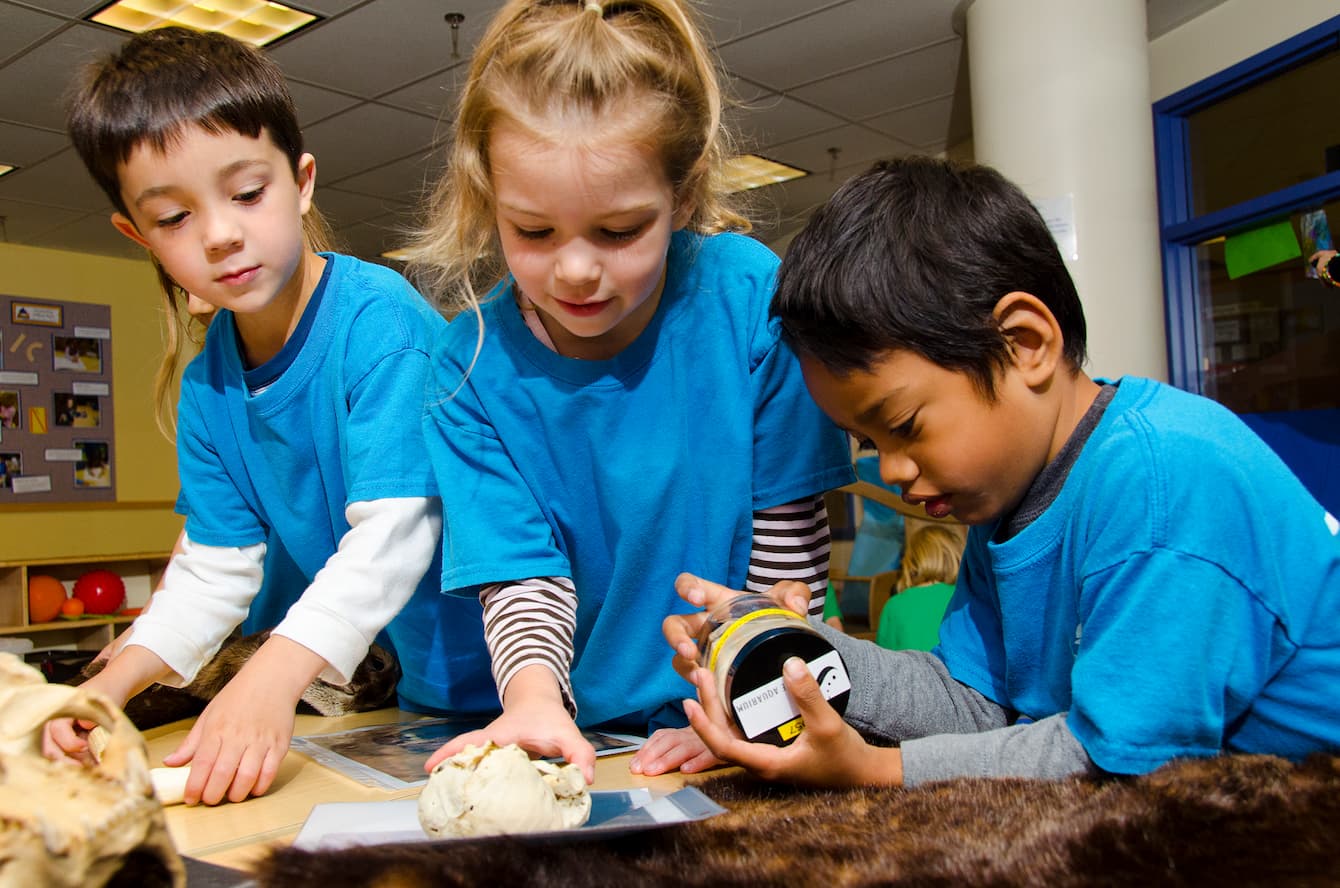
Outreach programs
Our outreach programs bring the Seattle Aquarium to you! These introductory marine science programs are perfect for preschools, Head Start classes, day care centers and other groups of young children. Please note that our outreach programs do not include live animals.
Location: Your classroom/location (mileage and ferry fees may apply to groups outside of King County).
Duration: 45 minutes.
Cost: $300 for the first class, $150 for each additional class, up to four classes per day (up to 25 students).
Scholarships: Washington State schools with 40% or more free/reduced lunch participants, ESL/ELL, special education classes and/or ECEAPs may apply. Approved scholarship groups receive free Aquarium programming. Schools must provide proof that they meet qualifications, which the Aquarium must receive before the program date.
2024–25 outreach programs
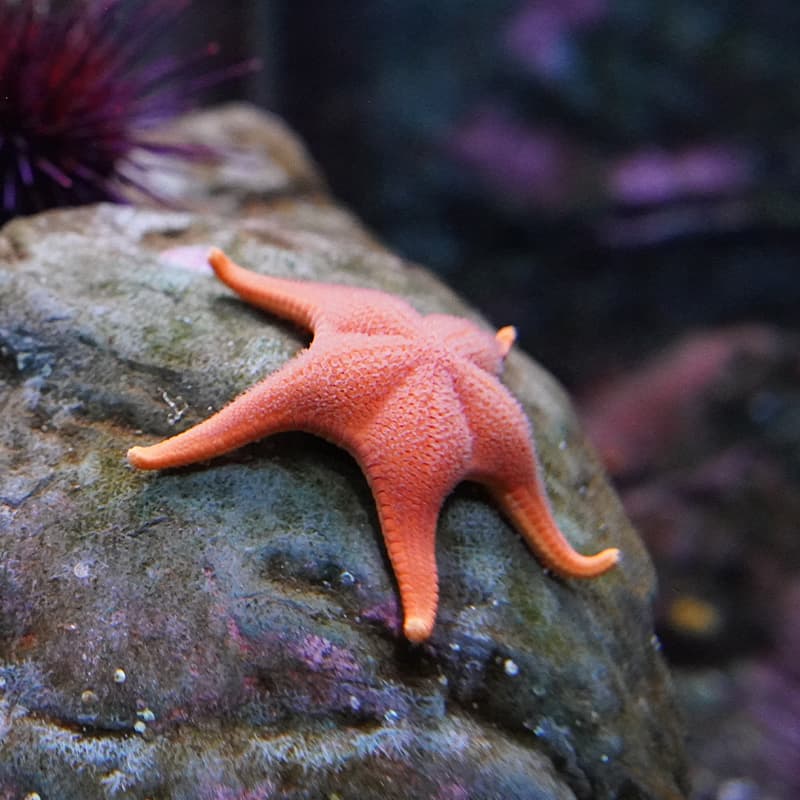
Pre–K
Tide Pool Friends
Bring our Tide Pool Friends program to your classroom/location! This program is designed to empower your students to answer the questions, "What’s a tide pool? What lives there? And how are these animals like me?" Through storytelling and movement, students learn about four different Puget Sound tide pool animals and their habitat. Activity stations provide opportunities to practice counting and sorting, explore textures with kinetic sand and shells, play with puppets, and imagine life as a crab hunting for food. This program ends with a story time and space to wonder about what other friends might exist in our local tide pools.
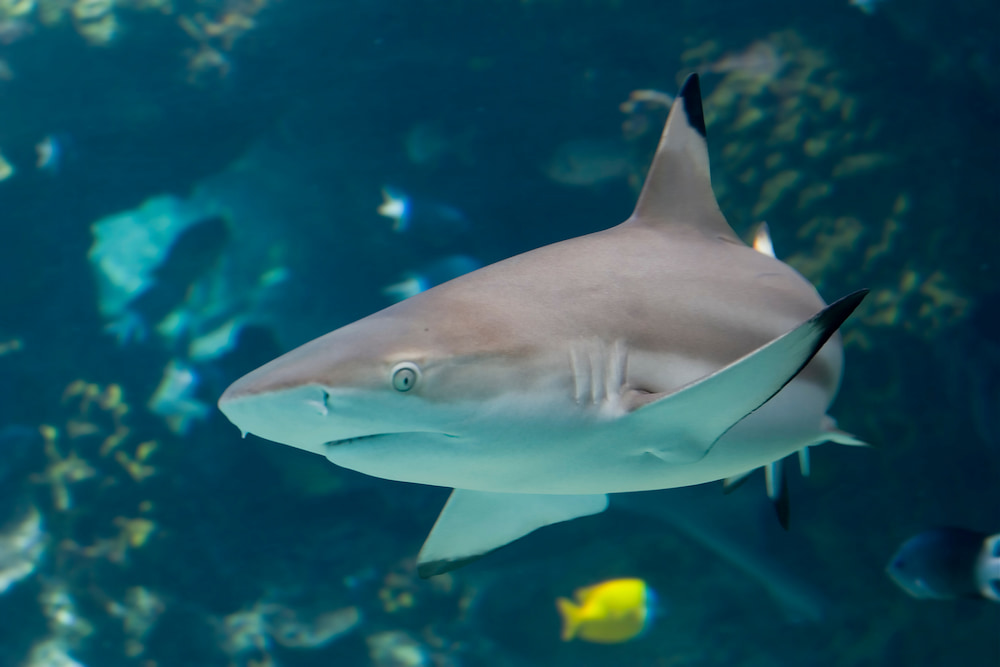
Pre–K
Shark Friends
This program focuses on some fin-tastic aquatic friends: sharks! Hundreds of species of sharks each play important roles in ocean health, yet we can’t help but feel that sharks are misunderstood. For this outreach program, Aquarium educators come to your classroom to celebrate the diversity and importance of our shark friends. During circle time, our educators use puppets, pictures and props to lead students through observing shark teeth, gills and bodies. We compare these important features to our own human bodies. After circle time, students rotate through shark-themed activity stations. We end our class by gathering for another story time before saying goodbye. This program’s main theme is “we love sharks,” with a strong underlying theme of “respecting the differences of others.”
